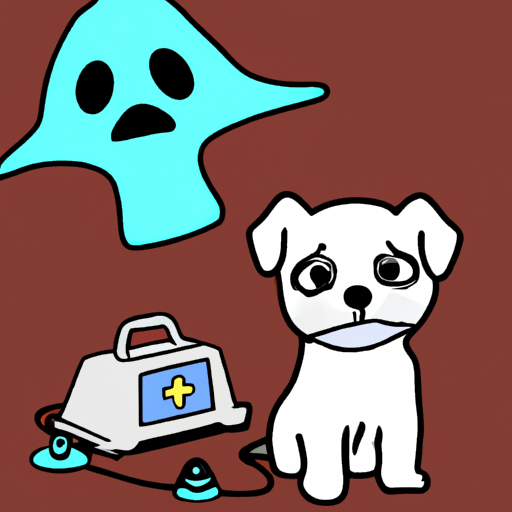Parvovirus, commonly known as Parvo, is a highly contagious viral disease that can be life-threatening to your beloved canine companions. In this comprehensive guide, we will explore how dogs contract this disease, the symptoms, the importance of vaccination, and how to prevent your dog from getting it.
H2: Understanding the Transmission
Parvo is primarily transmitted through direct contact with an infected dog, or indirectly, by the fecal-oral route. The virus is incredibly durable and can live in the environment for up to a year, making it highly contagious.
- Contact with Infected Dogs: Your dog can contract Parvo through direct contact with another infected dog. This usually happens when dogs sniff or lick each other.
- Fecal-Oral Route: The virus is also spread via feces from an infected dog. If your dog comes into contact with contaminated feces and then licks its paws or fur, it can contract the virus.
- Contaminated Objects: The virus can survive on various surfaces like food and water bowls, collars and leashes, and the hands and clothing of people who handle infected dogs.
H2: Recognizing the Symptoms
It’s crucial to recognize the signs of the Parvovirus as early as possible. The following symptoms should not be ignored:
- Sudden loss of appetite
- Lethargy and depression
- High fever
- Severe vomiting
- Bloody diarrhea
- Rapid weight loss
H2: The Importance of Vaccination
Vaccination is your dog’s best line of defense against Parvo. Puppies receive a series of vaccinations at the age of 6, 8, 12, and 16 weeks, and then a booster every three years.
| Age | Vaccination |
|---|---|
| 6 weeks | First vaccination |
| 8 weeks | Second vaccination |
| 12 weeks | Third vaccination |
| 16 weeks | Fourth vaccination |
| Every three years | Booster |
H2: Preventive Measures
Preventing Parvo involves a combination of thorough cleaning, isolation of infected dogs, and regular vaccination.
- Cleaning: Regularly clean and disinfect your home and any objects your dog comes into contact with.
- Isolation: If your dog has been diagnosed with Parvo, isolate them from other dogs to prevent the disease from spreading.
- Vaccination: Ensure your dog is up-to-date with their vaccinations.
H2: Frequently Asked Questions
Q: Can a vaccinated dog get Parvo?
A: While rare, it is possible for a vaccinated dog to contract Parvo, especially if they have not received all of their boosters.
Q: How long does Parvo last in a dog?
A: The illness can last anywhere from 5 to 10 days.
Q: Can humans get Parvo from dogs?
A: No, humans cannot contract Parvo from dogs.
Being a caregiver for your pet involves understanding the risks and taking the necessary steps to prevent illness. By being informed about diseases like Parvo, you can ensure your pet’s health and happiness.



